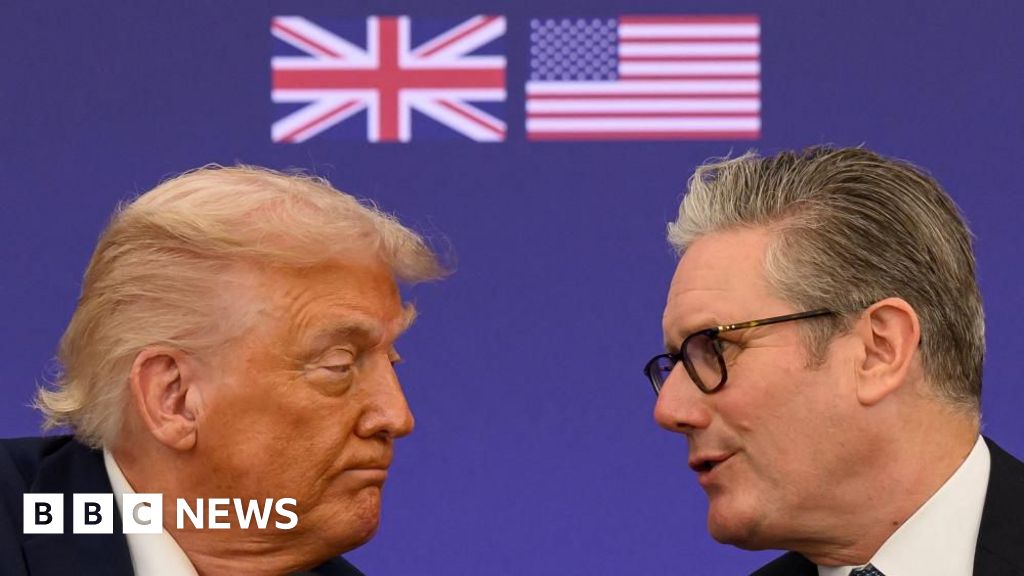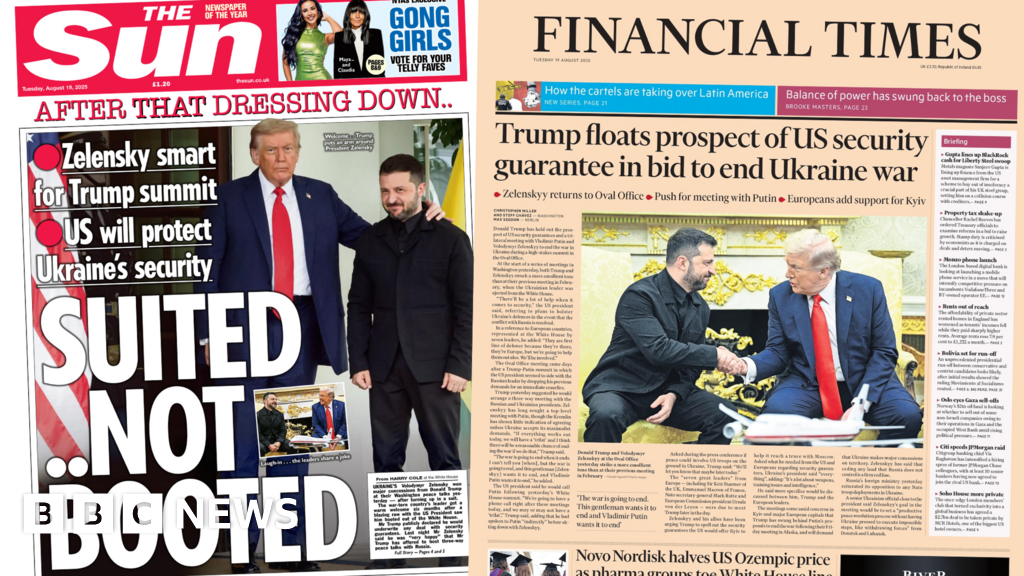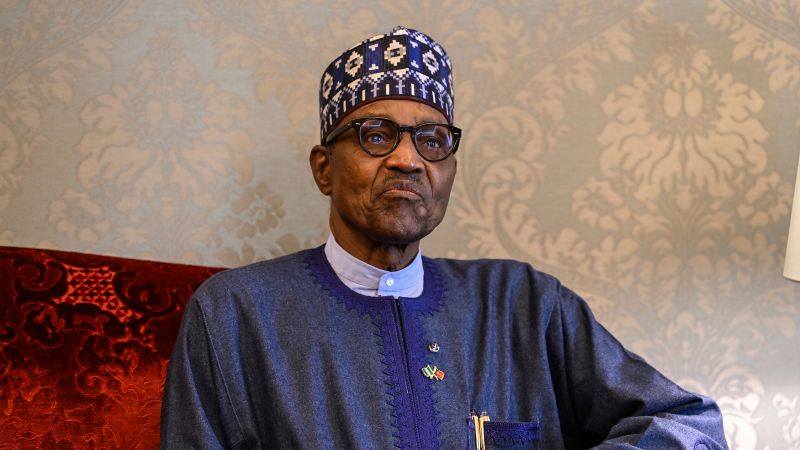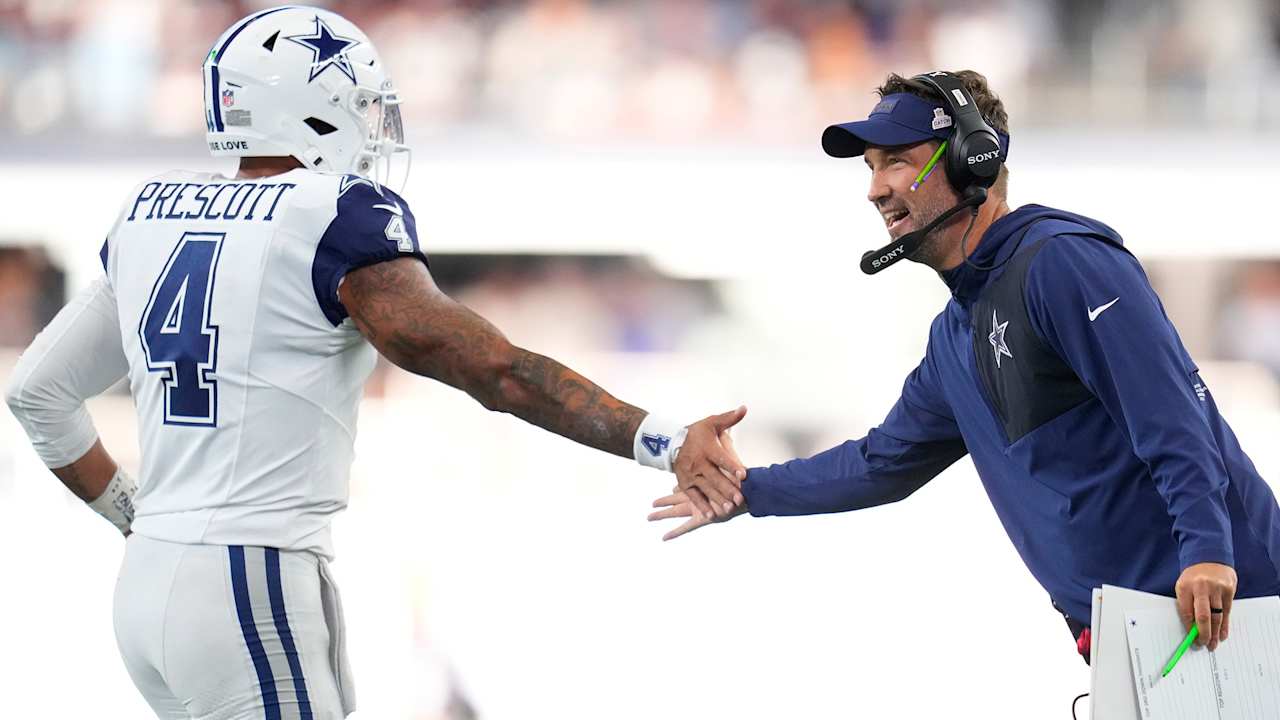Trump's Military Warning on Nigeria: US Plans Contingency Action
#politics #nigeria #us_military #religion #international_relations
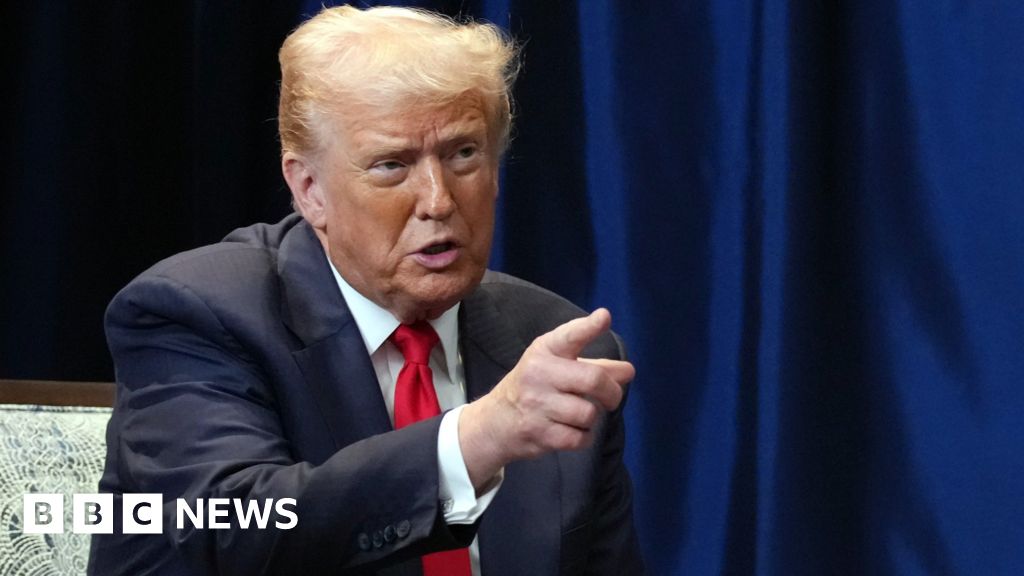
Trump’s Military Warning on Nigeria
President Donald Trump has directed the US military to prepare plans for potential action in Nigeria, citing concerns over the killing of Christians. Trump claims these attacks are part of a broader threat, suggesting that Islamic terrorists are responsible for widespread violence targeting Christian communities. This announcement marks a rare moment of US focus on Nigeria’s internal security issues.
Assessing the Claims
However, experts challenge Trump’s assertion that Christians are disproportionately targeted, pointing out the complexity of Nigeria’s religious landscape. The country’s population is nearly evenly split between Christians and Muslims, and violence often affects multiple groups. Nigerian officials emphasize religious freedom and tolerance as central to national identity, rejecting claims that one group faces existential danger.
Regional and Global Implications
The US stance could deepen diplomatic ties or heighten tensions, depending on how the Nigerian government responds. While the Pentagon prepares contingency plans, the situation highlights ongoing challenges in addressing terrorism and sectarian violence in West Africa without exacerbating divisions.
About the People Mentioned
Donald Trump
Donald John Trump, born June 14, 1946, in Queens, New York, is an American businessman, media personality, and politician. He graduated from the University of Pennsylvania’s Wharton School in 1968 with a degree in economics. In 1971, he took over his family’s real estate business, renaming it the Trump Organization, through which he expanded into building and managing skyscrapers, hotels, casinos, and golf courses. Trump gained widespread fame as the host of the reality TV show *The Apprentice* from 2004 to 2015, which helped establish his public persona as a successful entrepreneur. Trump entered politics as a Republican and was elected the 45th president of the United States, serving from 2017 to 2021. His presidency was marked by significant policy actions including tax cuts, deregulation, the appointment of three Supreme Court justices, renegotiation of trade agreements (notably replacing NAFTA with the USMCA), and a focus on immigration control including border wall expansion. He withdrew the U.S. from international agreements such as the Paris Climate Accord and the Iran nuclear deal, and engaged in a trade war with China. His administration’s response to the COVID-19 pandemic was criticized for downplaying the virus’s severity. Trump was impeached twice by the House of Representatives—first in 2019 for abuse of power and obstruction, and again in 2021 for incitement of insurrection—but was acquitted by the Senate both times. After losing the 2020 election to Joe Biden, Trump challenged the results, culminating in the January 6, 2021, Capitol riot. He remains a central figure in American politics, having won the 2024 presidential election and returned as the 47th president in 2025, continuing to promote policies aimed at economic growth, border security, and military strength[1][2][3][4].
About the Organizations Mentioned
US military
The **United States military**, formally known as the United States Armed Forces, is a complex and powerful organization comprising six branches: the Army, Marine Corps, Navy, Air Force, Space Force, and Coast Guard[1][3]. Each branch specializes in distinct domains—land, sea, air, space, or maritime law enforcement—allowing the U.S. military to operate comprehensively across all environments. Historically, the U.S. military evolved from the Continental Army established during the Revolutionary War, growing into the world’s most advanced and capable force by leveraging technological innovation and vast resources. Since the Cold War’s end, it has maintained global supremacy through sustained investment in cutting-edge technology and extensive power projection capabilities, including around 800 overseas bases[1]. Its budget remains the largest worldwide, exceeding $900 billion in 2023, accounting for 37% of global defense expenditures[1]. As of early 2025, the U.S. military totals approximately 2.86 million personnel, including active-duty troops, reserves, and civilians, making it the third-largest active force globally after China and India. Active-duty numbers include roughly 1.31 million troops distributed across the branches, with the Army and Navy having the largest shares[2]. The military has downsized significantly since its Vietnam War peak but remains staffed and equipped for multi-domain readiness. Key achievements include sustaining unmatched air and naval power—the Air Force is the largest air arm, the Navy the largest by tonnage—and pioneering new frontiers with the newest Space Force branch dedicated to space operations[1][3]. The military continues modernization efforts focused on emerging technologies like artificial intelligence, cyber warfare, and space capabilities to maintain strategic advantage amid rising global tensions[4][8]. Notable aspects are its integration of special forces like Navy SEALs and Green Berets, its role in global security, and ongoing transformation initiatives to enhance lethality and agility by 2040[4][6]. The U.S
Pentagon
The **Pentagon** is the headquarters of the United States Department of Defense (DoD), serving as the central command center for the nation's military operations and strategic defense planning. Situated in Arlington County, Virginia, it houses the leadership and staff of the Army, Navy, Marine Corps, Air Force, Space Force, and associated defense agencies and commands[1]. Originally constructed during World War II as a temporary War Department building, the Pentagon evolved into the permanent nerve center for U.S. military coordination following the 1947 National Security Act, which merged the War and Navy Departments and added the Air Force, establishing the modern DoD[2]. The Pentagon oversees America’s global military posture, playing a crucial role during the Cold War and continuing to adapt to current geopolitical challenges. Its organizational complexity includes civilian oversight through the service secretaries and integration with multinational commands such as NATO and NORAD[1]. The Pentagon is also notable for its vast infrastructure, which underwent a comprehensive renovation completed in the early 2000s to maintain its operational capacity and security[2]. In recent years, the Pentagon has shifted strategic focus to homeland defense and the Western Hemisphere, aligning with contemporary U.S. national security priorities such as border protection and countering adversaries like China[3]. Technologically, it actively invests in emerging industries critical to defense, including space technologies, microelectronics, biochemicals, and software modernization. The Office of Strategic Capital, established to channel private sector investment into defense technologies, exemplifies this focus on innovation and maintaining U.S. technological superiority[4][6]. Efforts such as the Pentagon’s software modernization implementation plan emphasize cloud adoption and agile software development to enhance military IT capabilities[6]. Additionally, political dynamics impact Pentagon leadership and policy directions, as seen in initiatives like Project 2025, which aims to influence personnel and strategic priorities aligned with conservative policy goals[5]. Overall, the Pentagon remains a pivotal institution at the intersection of defense, technology


